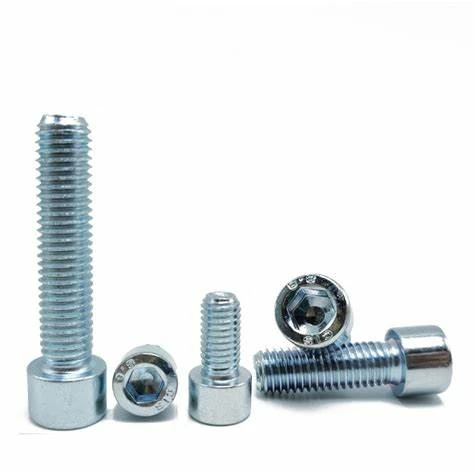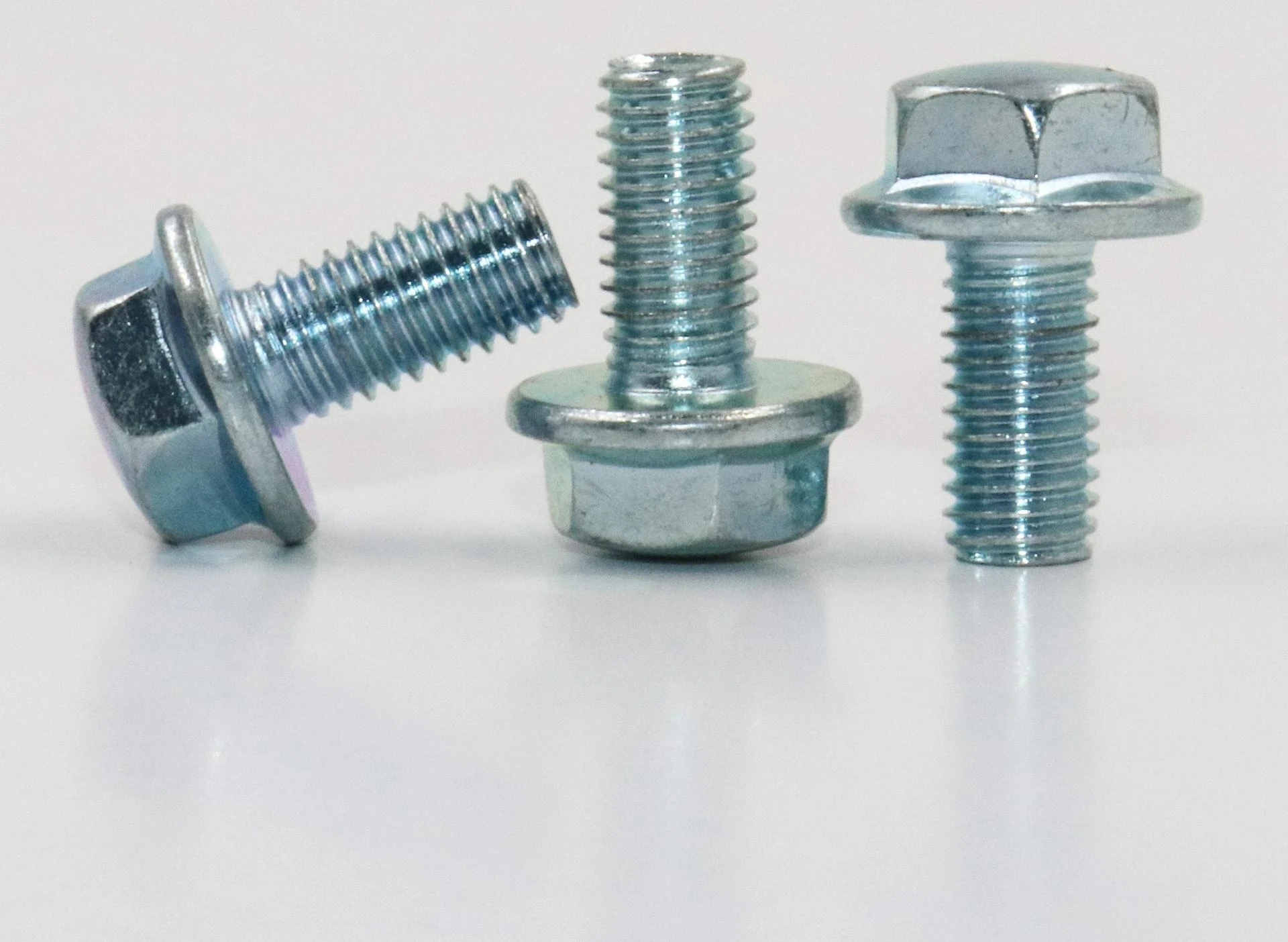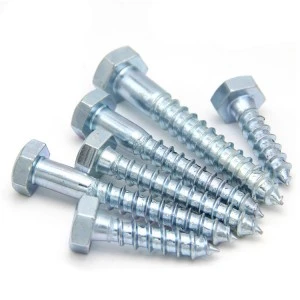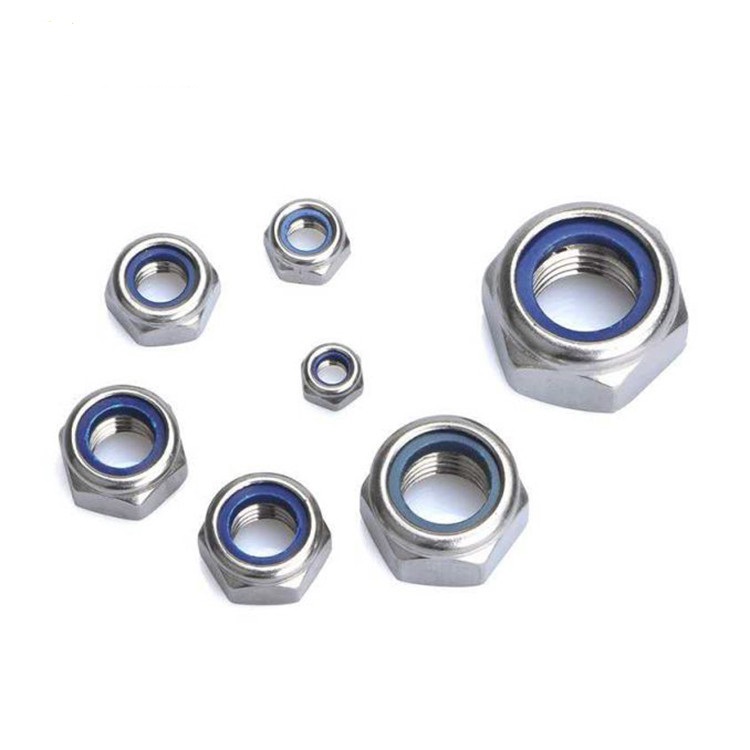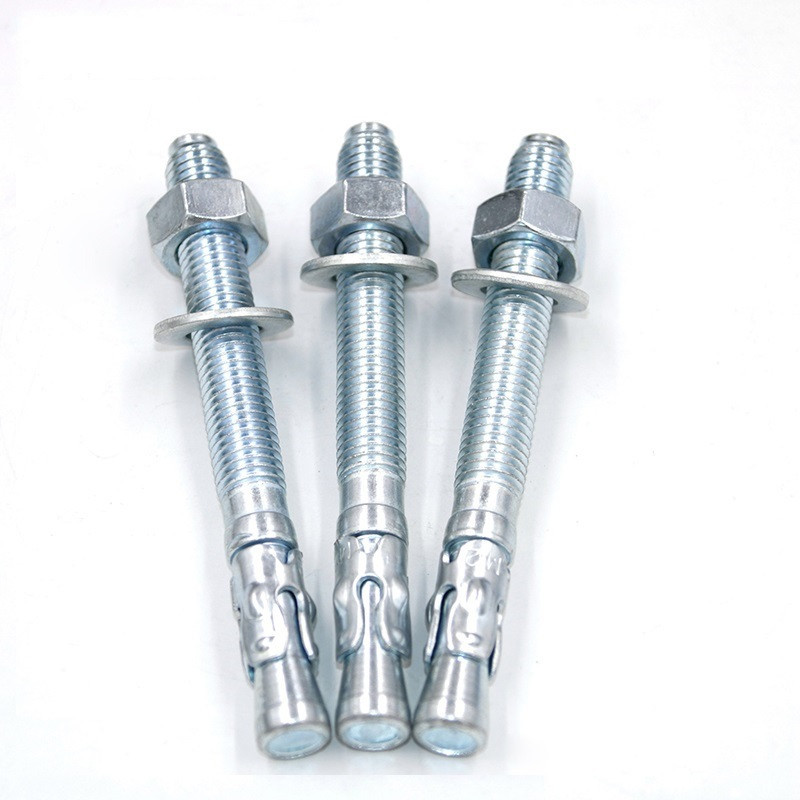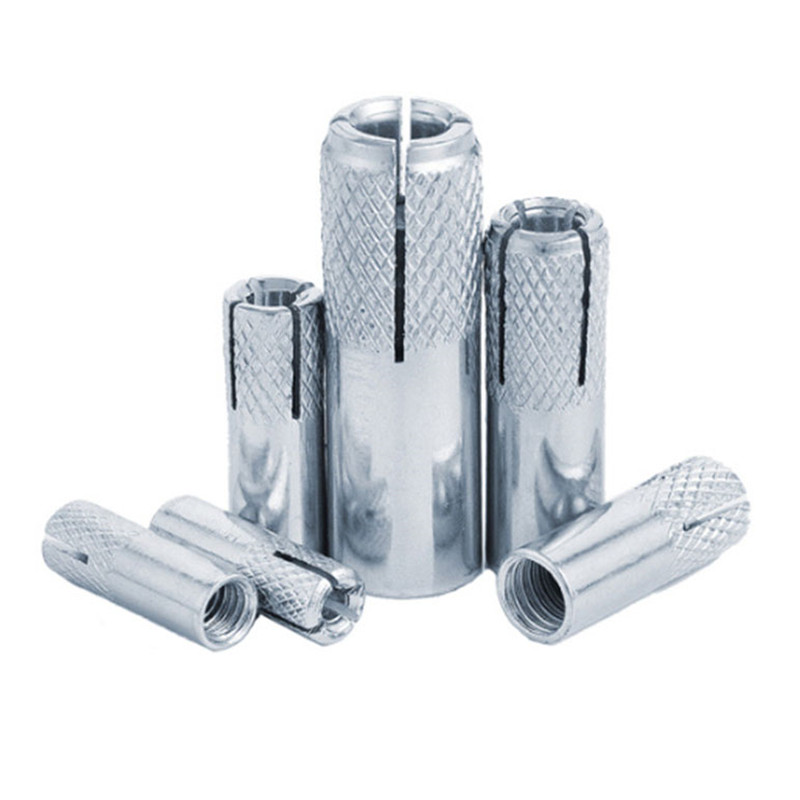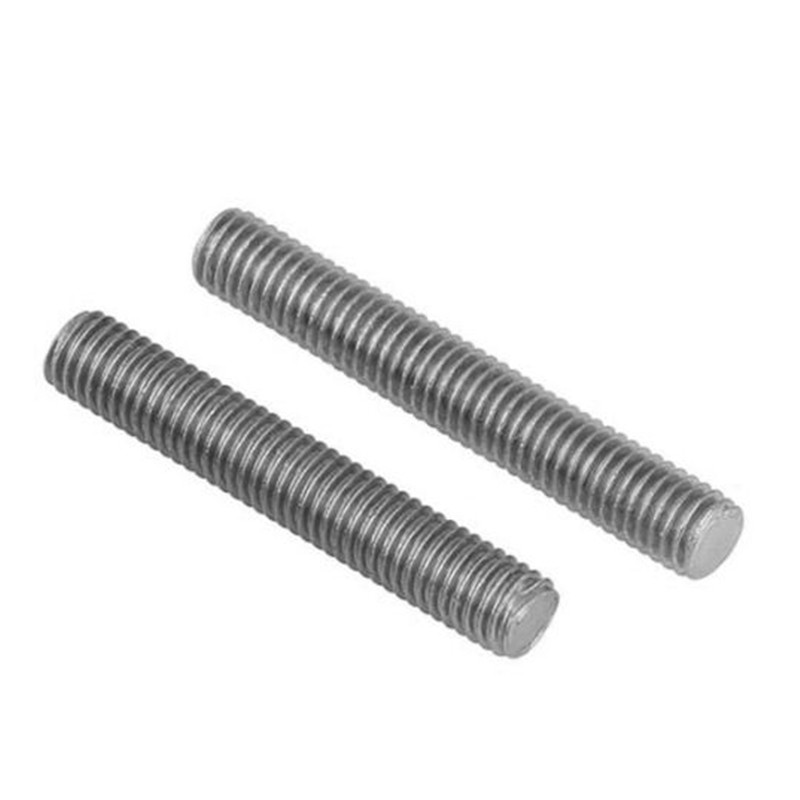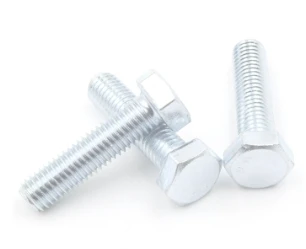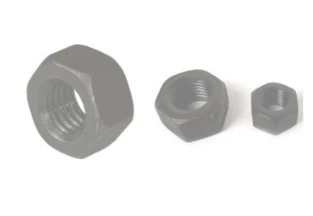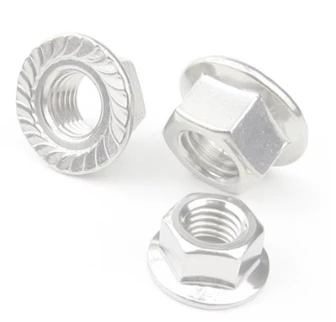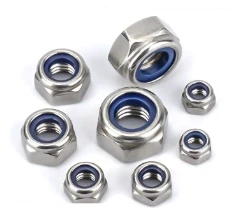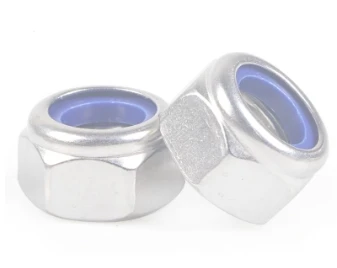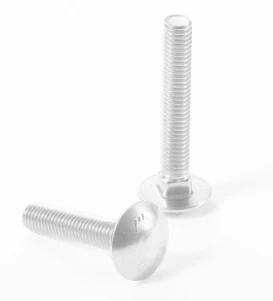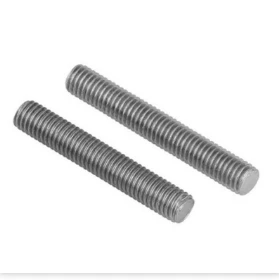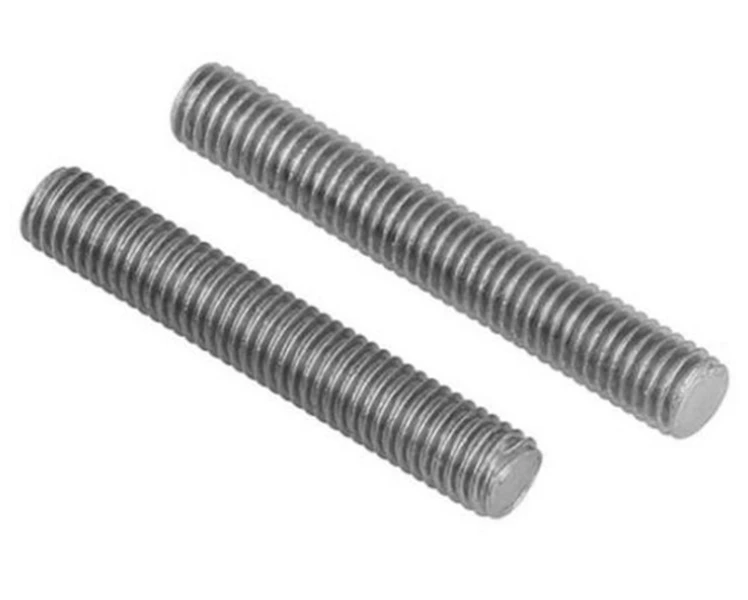Hex flange nuts have revolutionized fastener technology with their integrated washer design that provides superior load distribution and vibration resistance. This comprehensive guide examines the technical specifications, industry applications, and evolving standards of DIN6923-compliant flange nuts, with expert insights into material selection, installation requirements, and quality parameters.
Yongnian Country Tianbang Fasteners Co., Ltd.
Industry leader in precision fastener manufacturing since 2003. Specializing in DIN6923-compliant hex flange nuts for automotive, construction and industrial applications.
Technical Specifications of Hex Flange Nuts
The hex flange nut design (DIN6923 standard) incorporates a built-in washer with a serrated or non-serrated surface that eliminates rotation and distributes clamping force over a wider area. This design significantly outperforms standard nuts in vibration resistance and joint integrity.
| Parameter | M6 Flange Nut | 1/2"-13 Flange Nut | 5/16"-24 Flange Nut | M10 Flange Nut | Material Options |
|---|---|---|---|---|---|
| Flange Diameter | 16.6mm | 28.1mm | 16.7mm | 26.7mm | N/A |
| Flange Thickness | 1.8mm | 3.2mm | 1.6mm | 2.8mm | N/A |
| Hex Size | 10mm | 19mm | 12.7mm | 17mm | N/A |
| Height | 5.9mm | 12.7mm | 7.1mm | 10.8mm | N/A |
| Tensile Strength | 1000MPa | 900MPa | 860MPa | 1100MPa | Carbon Steel, Alloy Steel |
| Proof Load | 12,300N | 45,200N | 9,050N | 33,000N | Stainless Steel (A2/A4) |
| Surface Treatment | Zinc Plated, Dacromet, Geomet, Xylan, Hot-Dip Galvanized | Brass, Titanium | |||
Industry Applications of DIN6923 Hex Flange Nuts
Automotive engineering extensively utilizes hex flange nuts for engine mounts, suspension assemblies and chassis components due to their vibration-resistant properties. The integrated washer design provides 30% better vibration resistance compared to standard nut-washer combinations, according to SAE International research studies.

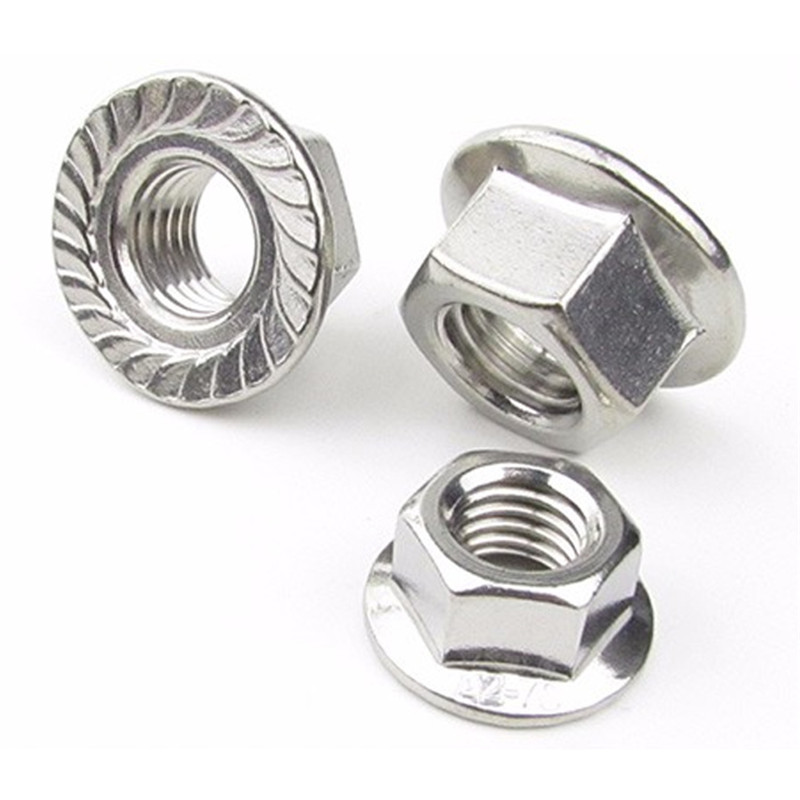
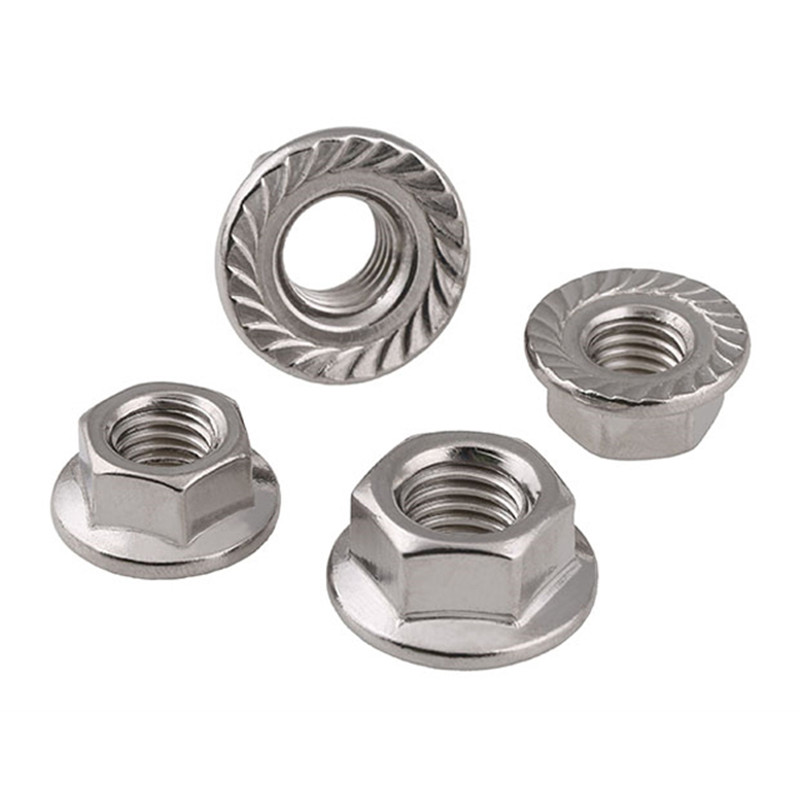
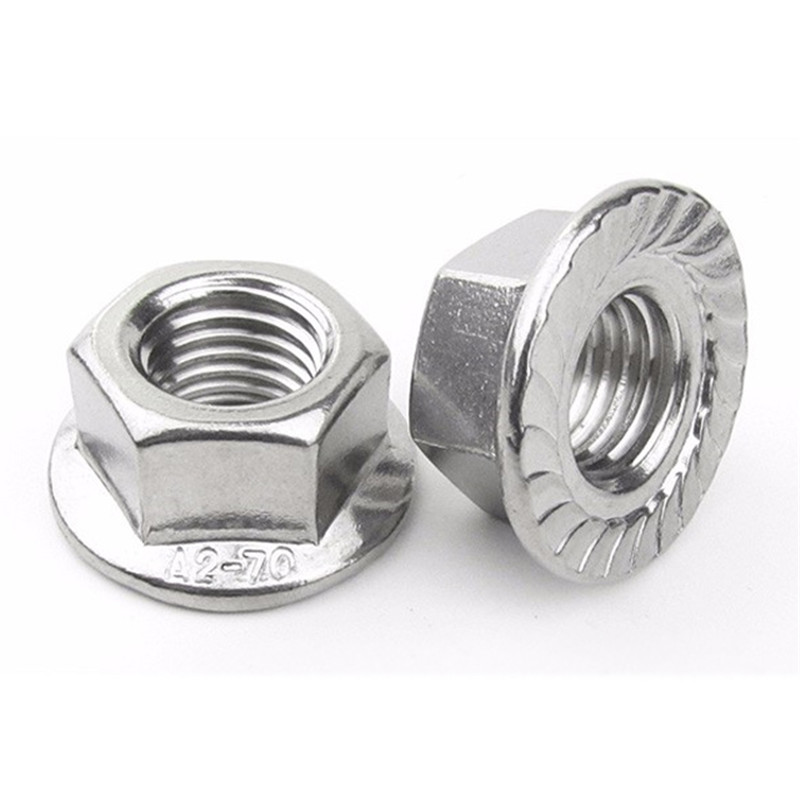
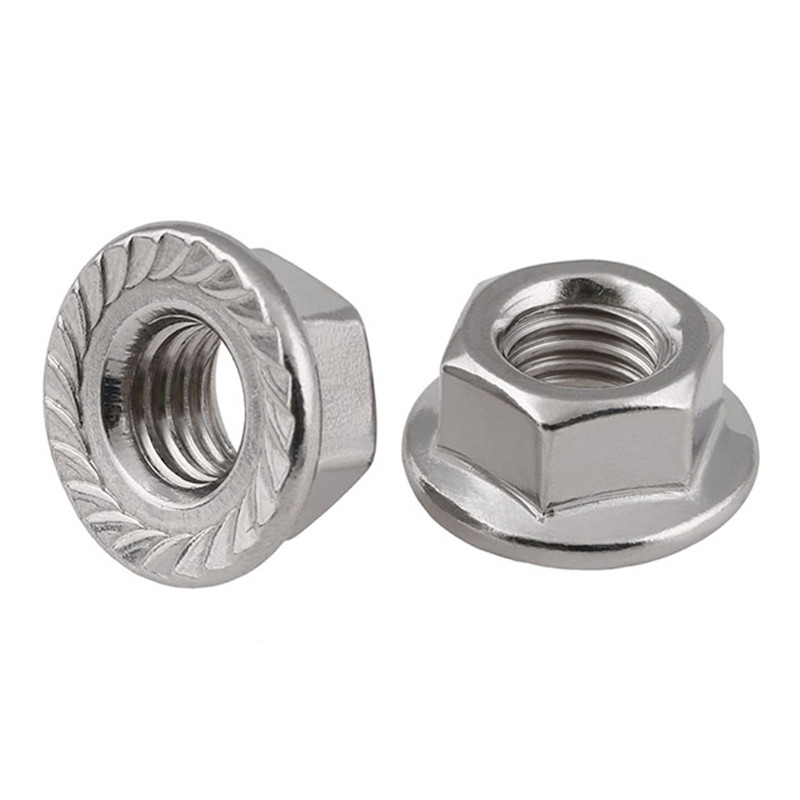
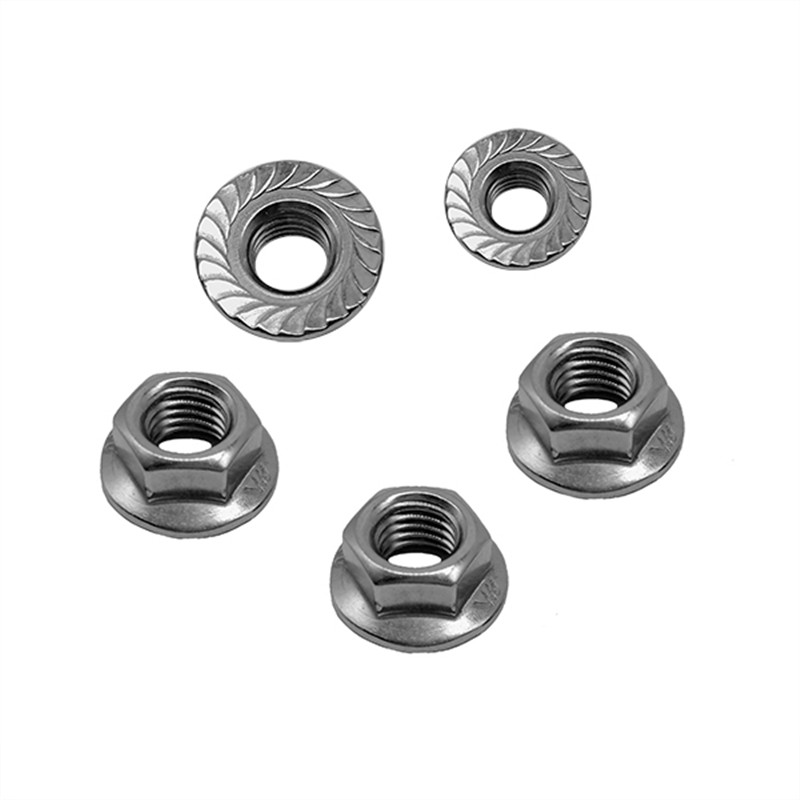
Material Technology Advancements
Nanostructured steel alloys have enabled new performance benchmarks in hex flange nut manufacturing. Recent tests published in the Journal of Materials Engineering show that these advanced materials improve fatigue resistance by 40% while reducing weight by 15% compared to conventional alloys. Material certification follows ISO 898-1 and ASTM A563 standards.
Vibration Resistance
Serrated flange design prevents loosening under sustained vibration
Load Distribution
Integrated flange spreads load 3x wider than standard nuts
Corrosion Protection
Multiple coating options for salt spray resistance up to 2000 hours
Technical Parameter Trends
Professional FAQ: Hex Flange Nut Expertise
Industrial Performance & Reliability Standards
The hex flange nut has undergone significant standardization evolution since its inclusion in the 1993 DIN6923 specification. Modern iterations comply with ISO 4161 while automotive standards have progressed to NASM 25027 and JIS B 1189 requirements. Third-party testing by institutions like Fastener Testing Laboratories confirms that properly installed flange nuts reduce maintenance requirements by 35-40% in high-vibration applications.
Featured Product: DIN6923 Hex Flange Nut
Hex Flange Nuts are hex nuts with a wide flange portion near one end that acts as an integrated non-spinning washer. Flange nuts are used to spread the load placed on the nut over a wider surface area to prevent damage to the installation material. They can come in serrated or non-serrated styles.
View Product SpecificationsReference & Industry Publications
Post time: Jul . 22, 2025 08:01


